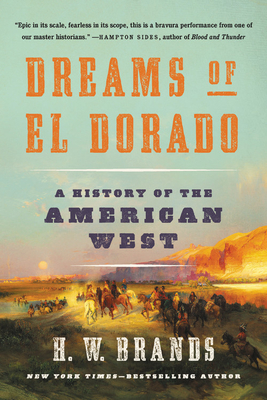











Most Americans are familiar with the political history of the United States, but there is another history woven all through it, a largely forgotten history--the story of the money men. Acclaimed historian H. W. Brands brings them back to life: J. P. Morgan, who stabilized a foundering U.S. Treasury in 1907; Alexander Hamilton, who founded the first national bank, and Nicholas Biddle, under whose directorship it failed; Jay Cooke, who helped to finance the Union war effort through his then-innovative strategy of selling bonds to ordinary Americans; and Jay Gould, who tried to corner the market on gold in 1869 and as a result brought about Black Friday and fled for his life.



A comprehensive account of the rise and fall of one of the major shapers of American foreign policy
On the eve of his inauguration as President, Woodrow Wilson commented, It would be the irony of fate if my administration had to deal chiefly with foreign affairs. As America was drawn into the Great War in Europe, Wilson used his scholarship, his principles, and the political savvy of his advisers to overcome his ignorance of world affairs and lead the country out of isolationism. The product of his efforts--his vision of the United States as a nation uniquely suited for moral leadership by virtue of its democratic tradition--is a view of foreign policy that is still in place today. Acclaimed historian and Pulitzer Prize finalist H. W. Brands offers a clear, well-informed, and timely account of Wilson's unusual route to the White House, his campaign against corporate interests, his struggles with rivals at home and allies abroad, and his decline in popularity and health following the rejection by Congress of his League of Nations. Wilson emerges as a fascinating man of great oratorical power, depth of thought, and purity of intention.





